Seoul, June 21 2024 – North Korea is reportedly constructing a border wall amid escalating tensions with South Korea, according to satellite images analyzed by the BBC.
The released satellite images reveal that North Korea has erected walls in several locations within the civilian control zone between the two countries. Specifically, construction has been observed in three places within the buffer zone, covering an area of about one kilometer.
Analysts assert that these actions constitute a clear violation of existing agreements between North and South Korea, which aim to maintain peace and stability along the border.
The construction of these walls is believed to be a response to the ongoing hostilities and could potentially exacerbate the already tense situation. Analysts fear that such unilateral actions by North Korea could further inflame tensions between the two nations.
Pyongyang has not officially commented on the construction, leaving the international community to speculate about the timing and intent behind these developments.
The border wall construction follows a series of provocative actions from both sides. Recently, North Korea sent balloons filled with garbage towards South Korean border towns. In retaliation, South Korea broadcast K-pop music over loudspeakers and activists sent balloons with propaganda into North Korea.
Kim Yo Jong, sister of North Korean leader Kim Jong Un, issued a warning to South Korea, threatening countermeasures if the balloon provocations did not cease.
In December, Kim Jong Un suspended all peace efforts with South Korea, accusing Seoul of hostile behavior. This marked a significant setback in the relationship between the two countries, which had seen intermittent attempts at reconciliation.
The construction of a border wall by North Korea represents a significant and provocative development in the ongoing tensions with South Korea. As the situation continues to unfold, regional stability hangs in the balance, with the international community closely monitoring the actions and responses of both nations.



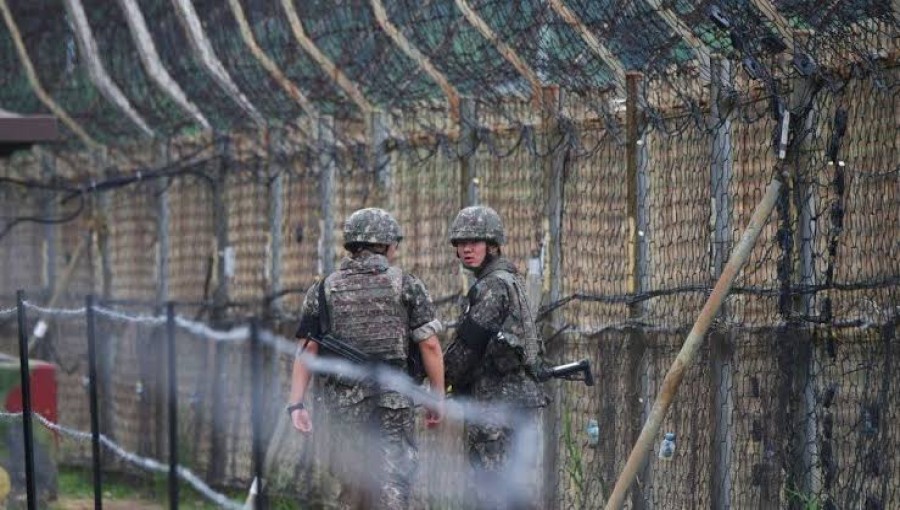
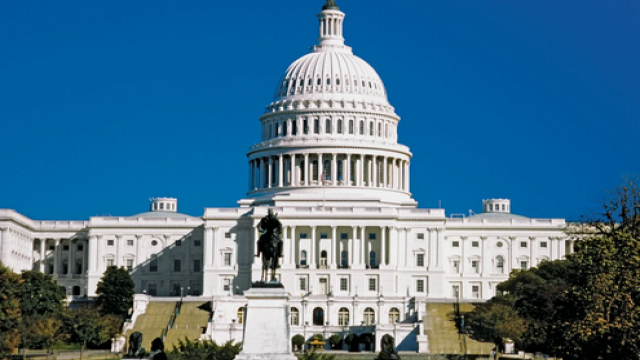
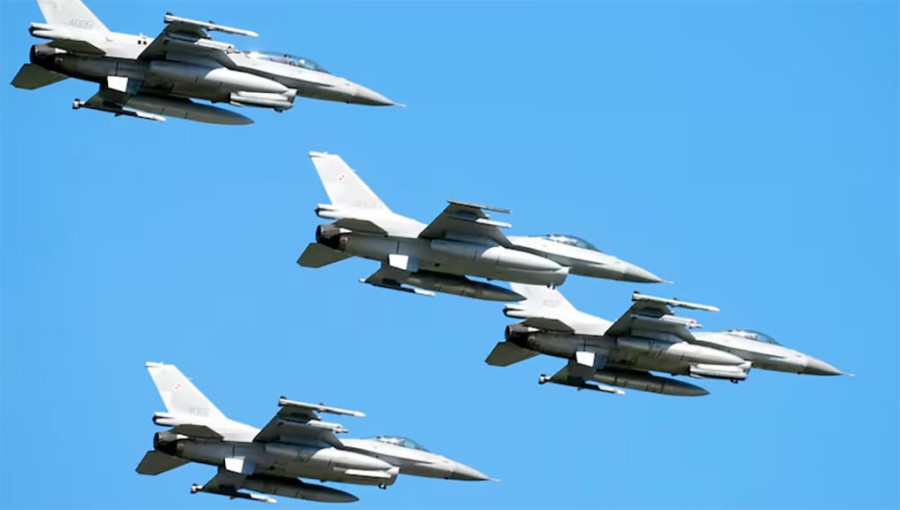
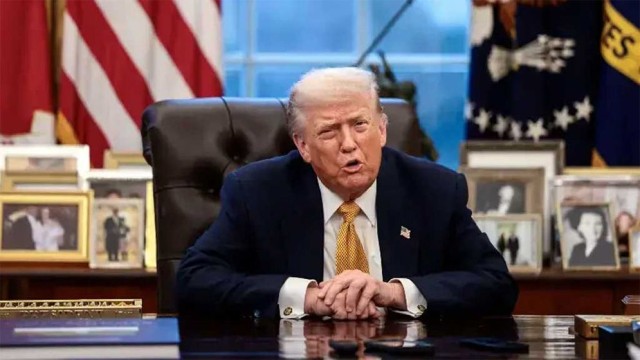
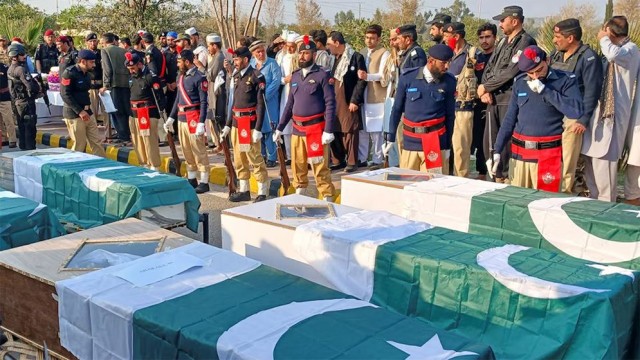


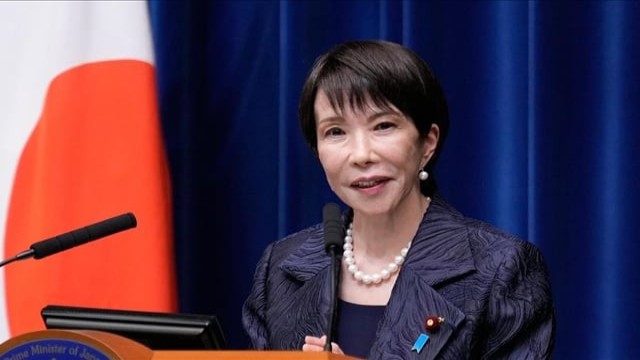






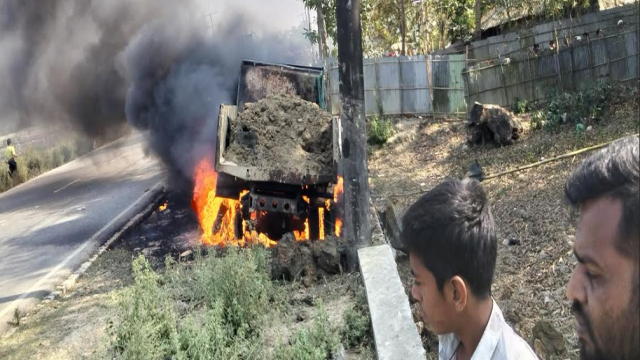
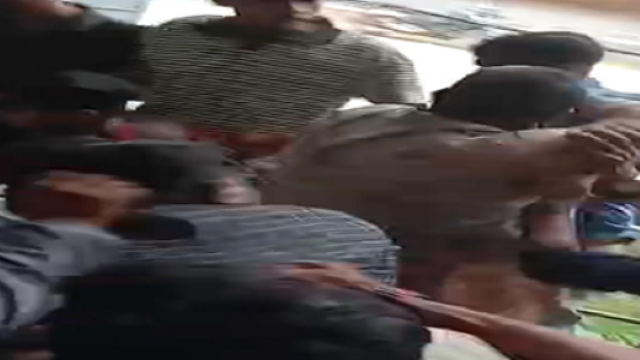
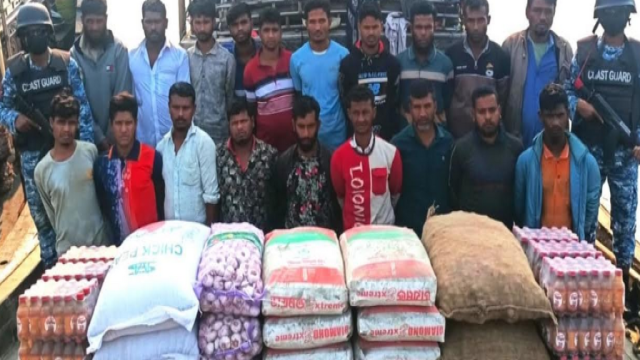





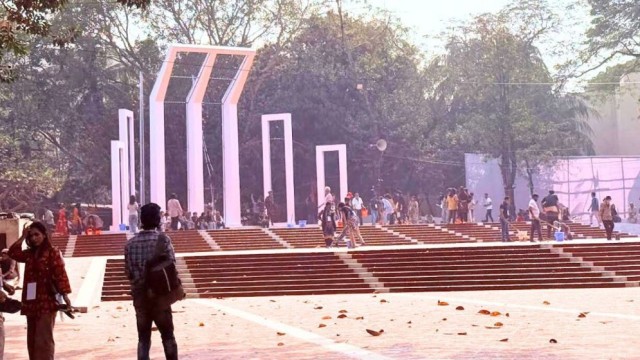
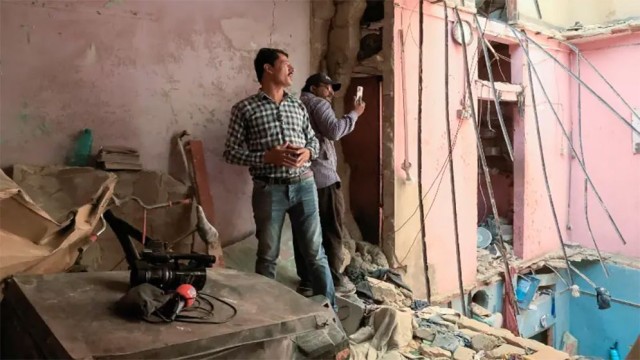


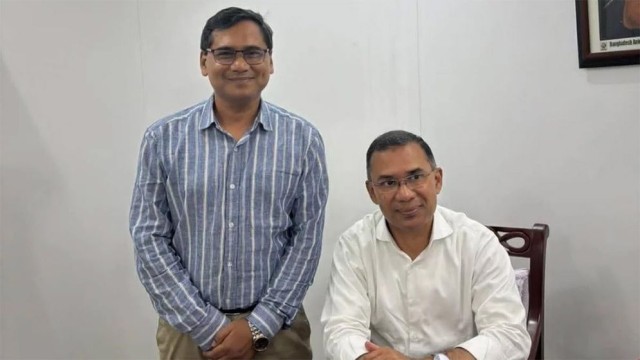
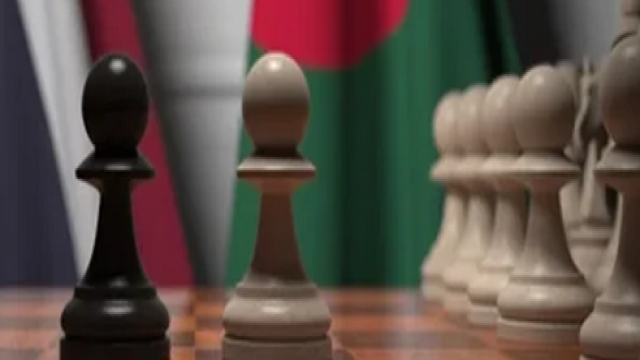
Comment: